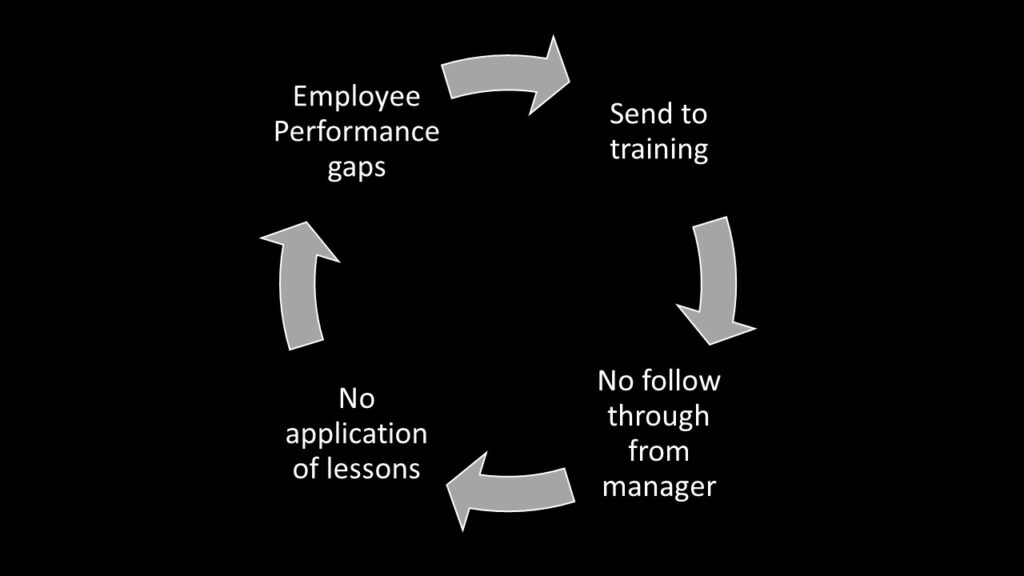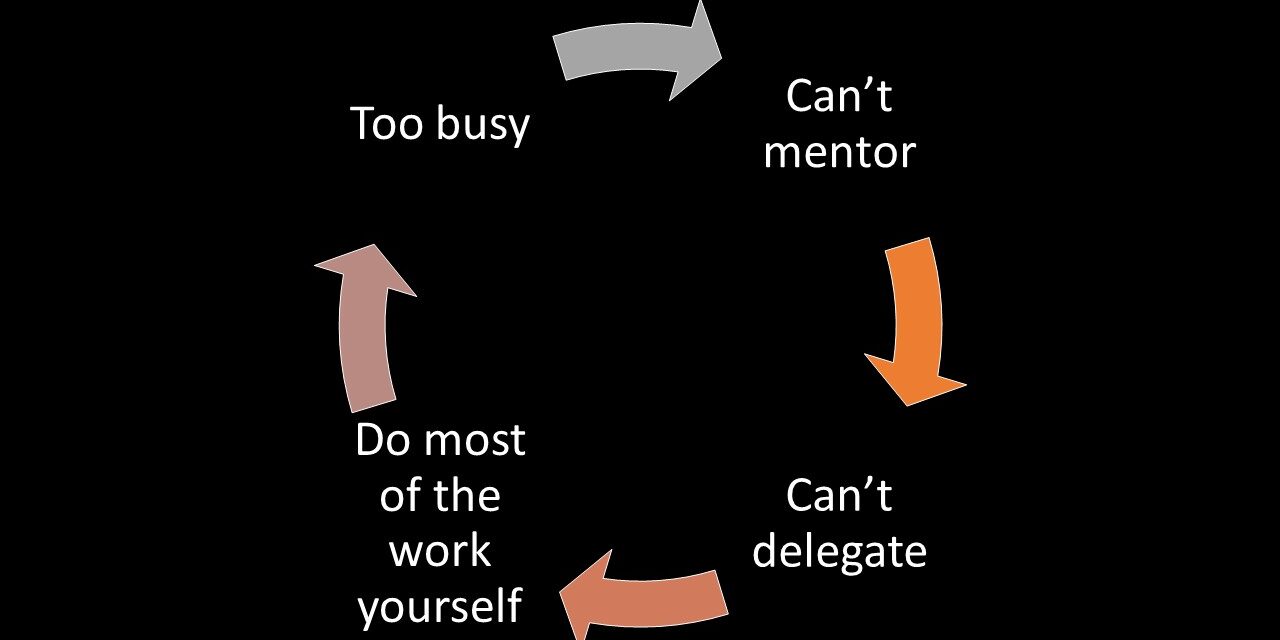Every time I conduct mentoring or coaching courses, I’m met with a chorus of managers echoing the same concern: “How can we possibly find the time for this?” It’s a genuine pain point, with many feeling overwhelmed by their administrative responsibilities alone. This dilemma has become more of an epidemic than a mere challenge. Yet, as paradoxical as it may sound, the very reason many managers can’t find the time for mentoring is the precise reason why they should prioritize it.
According to research from the Harvard Business Review, managers, on average, spend 54% of their time on administrative and control tasks. This staggering statistic underscores the gravity of the situation. Many of these managers are sinking under technicalities and paperwork, leaving their primary role of guiding and nurturing their teams unattended.
Build your company leaders’ coaching and mentoring skill
The real danger lies in mistaking the “urgent” for the “important.” While administrative tasks often demand immediate attention (hence feeling “urgent”), the importance of mentoring cannot be understated. Failing to mentor and coach is akin to neglecting the future growth of both the individual and the organization.
When managers are submerged in their administrative tasks or are neck-deep in micromanaging, they inadvertently reduce the capacity of their team members to grow, innovate, and perform. Instead of empowering their teams, they become a bottleneck. This not only hampers team productivity but also stagnates the professional growth of the members.
The Pitfalls of Formal Training with No Mentoring
 Moreover, many managers, recognizing a gap in their team members’ skills, choose the path of sending them to external training or seminars. While this approach has its merits, it lacks the continuity and follow-through mentoring provides. A seminar might introduce an employee to a new concept, but without the manager’s guidance and feedback, that newfound knowledge is at high risk of being lost or misapplied. It’s similar to watering a plant once and then neglecting it, hoping it will continue to grow without further care.
Moreover, many managers, recognizing a gap in their team members’ skills, choose the path of sending them to external training or seminars. While this approach has its merits, it lacks the continuity and follow-through mentoring provides. A seminar might introduce an employee to a new concept, but without the manager’s guidance and feedback, that newfound knowledge is at high risk of being lost or misapplied. It’s similar to watering a plant once and then neglecting it, hoping it will continue to grow without further care.
The solution? Time management and delegation. By effectively managing their time and delegating tasks that can be handled by others, managers can free up space in their schedule to focus on the growth and development of their team members. This not only ensures the sustained growth of the team but also allows managers to shift from being reactive to proactive. When mentoring becomes a priority, managers can help their team members navigate challenges, build on their strengths, and foster a culture of continuous learning.
Manage Yourself to Manage Others
As I often emphasize in my courses, mentoring is not an additional task to be squeezed into an already packed schedule; it’s a pivotal leadership responsibility. The tyranny of the urgent should never overshadow the significance of the important. To all the managers out there, break free from the chains of micromanagement and the incessant pull of administrative tasks. Prioritize mentoring, and you’ll not only witness the growth of your team members but also experience a profound enhancement in overall team performance and morale.








